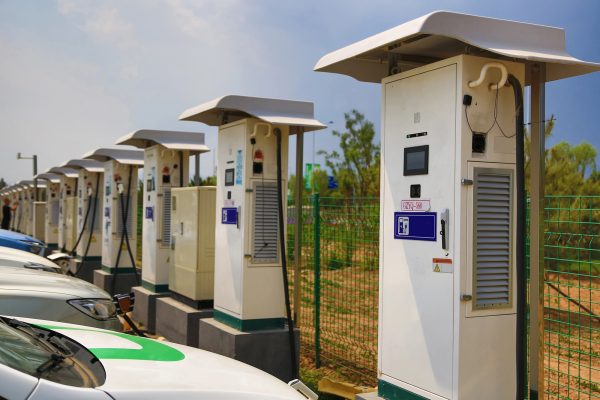
Green hydrogen is becoming a focal point in Nepal's energy discussions, particularly as the country seeks to leverage its vast untapped hydropower potential, estimated at 80 GW. Prime Minister K.P. Sharma Oli marked a significant milestone in this journey by unveiling the first hydrogen refueling station in August 2024, alongside the launch of the first hydrogen-powered car at Kathmandu University. These developments indicate a growing interest in green hydrogen as a viable energy source in Nepal. [b209dd12]
However, experts argue that Nepal's immediate priority should be on electrification rather than the pursuit of green hydrogen. The country has abundant hydropower resources that could be harnessed to electrify its economy and improve energy access for its population. The focus on green hydrogen might divert attention and resources from more pressing energy needs, such as enhancing the existing electricity grid and expanding renewable energy infrastructure. [b209dd12]
The discourse around green hydrogen in Nepal reflects a broader global trend, where nations are exploring hydrogen as a clean energy alternative. While the potential for green hydrogen is significant, the feasibility and practicality of its implementation in Nepal's context remain contentious. The country must weigh the benefits of investing in hydrogen technology against the immediate needs for electrification and energy security. [b209dd12]
In light of these considerations, the future of green hydrogen in Nepal will depend on strategic planning and prioritization of energy resources. As the government moves forward with its hydrogen initiatives, it will be crucial to ensure that these efforts align with the broader goals of sustainable development and energy transition. [b209dd12]